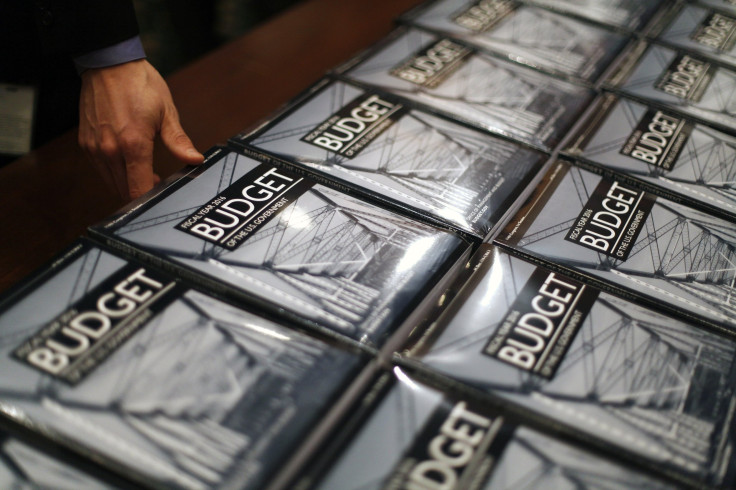Obama Budget Calls For 14% Tax On Overseas Corporate Profits To Fund Repairs To US Roads and Bridges

U.S. President Barack Obama is planning a levy on trillions of dollars worth of profits American companies are earning abroad, but aren’t being returned home. The idea has gained some support but doesn’t have the confidence of Republicans.
The new tax measure will be included in Obama’s $4 trillion 2016 budget proposal aimed at addressing economic inequality and supporting the middle class. It will include a one-time 14 percent tax on roughly $2 trillion worth of American companies' foreign profits.
The White House predicts it would raise about $238 billion to “repair existing roads and bridges and modernize our infrastructure with new investments in highways, freight networks, and bus, subway, rapid transit, light rail, and passenger rail systems in our cities, fast-growing metropolitan areas, small towns and rural communities across the country,” according to a statement from the administration.
“These investments would be paid for by closing tax loopholes as part of reforming the business tax rules to level the playing field and make sure everyone pays their fair share,” a White House official told the Guardian.
U.S. companies pay about 35 percent in taxes on foreign earnings, but some of the biggest profit-earners have been avoiding these fees by hoarding foreign earnings overseas rather than repatriating the money and paying billions in taxes.
For instance, General Electric Co. had $110 billion in overseas earnings in 2013, while Apple Inc. had $54.4 billion. Microsoft had $76.4 billion and Pfizer earned $69 billion, according to research firm Audit Analytics and the Wall Street Journal.
Corporate tax avoidance has spurred the growth of inversions, deals in which U.S. companies merge with foreign companies to avoid U.S. taxes. Last year, Medtronic PLC made a $42.9 billion deal to purchase an Ireland-based company, which could save the medical-device maker up to $260 million in taxes, according to Fortune, while technology group Applied Materials Inc. cut its tax rate from 22 percent to 17 percent in a $9.3 billion merger with Japan’s Tokyo Electron Ltd., as the Financial Times reported.
There are currently no laws that specifically make these deals illegal, but the administration has been working on various strategies to change incentives for U.S. companies hoarding foreign earnings overseas.
“This may be legal, but it’s wrong,” U.S. Treasury Secretary Jack Lew said in a September speech. “These companies are eroding America’s corporate tax base.”
At the same event, John Samuels, GE's vice president and senior counsel of tax policy, explained why American companies were compelled to move abroad.
“The whole world is not open for relocation and aggressively trying to court U.S. firms,” Samuels said, adding that there are more countries offering American companies stable governments, rule of law, major universities and infrastructure.
Republicans, for their part, are skeptical of the plan.
“Changes to our tax code just to fund more spending by our already bloated government is not the way to boost our economy and encourage job creation,” Ohio Republican Pat Tiberi said in a statement Sunday.
But this isn’t the first time the U.S. has moved to collect unpaid corporate taxes from abroad. When former Republican President George W. Bush allowed companies to repatriate their tax dollars at a cheaper rate in 2004, it did provide a substantial amount of income but wasn’t the economic stimulus it was proposed to be, according to Reuters.
The budget also includes a plan for a minimum 19 percent tax rate on all foreign earnings in the future as well as a decrease in the corporate federal income-tax rate to 28 percent from 35 percent. Whether it will be approved is still unclear.
“The good news seems to be that the administration has agreed that lockout [of overseas profits] is an important phenomenon,” Douglas Holtz-Eakin, a conservative economist and former adviser to GOP presidential candidates, told the Wall Street Journal. “But let’s face it, it is an opening bid, not a result.”
© Copyright IBTimes 2024. All rights reserved.






















